Trans Digital Archiving with Dr Zoyander Street
Kim caught up with Zoyander, Raju Rage and Studio Voltaire to chat about the challenges archiving our own trans history, and some of the tools we can use to do it.
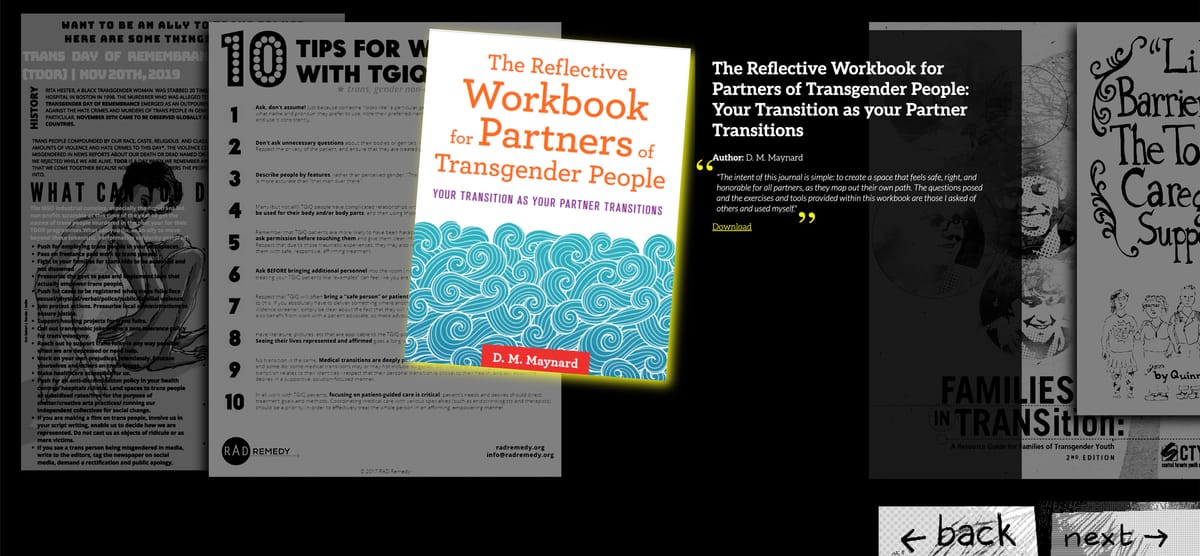
Hello, nice to finally chat! Can you tell us about you and your practice for our readers?
I’m so excited that you reached out! I love your work and it means a lot that this project connects with your practice and your communities.
I’ve been doing things with computers, mainly on the arty fringe of indie games, for about 15 years now. I started out as a writer, but then my metamour pointed out that I’m actually an artist as I was rarely satisfied to just pitch content to publishers, and felt compelled to communicate through format as well.
I care about making art with and about the systems that structure our lives. Currently my biggest project is Intrapology, a series of queer sci-fi live interactive performances that take place over video call. I don’t particularly care about staying ahead of technological trends, or making things that seem like magic. If someone plays one of my games and can imagine making it themself, I’m very happy, because I think we all should have that kind of agency over the machines that run our world.
How did you get into archive work?
Back in the late 00s I thought I was pursuing a career in museums - I managed to do a year-long internship in a small local history museum in Japan while still getting a student maintenance grant, which I hoped would allow me to bypass the classist barrier of unpaid internships, and then I did an MA at the V&A Museum.
Along the way I realised that I wanted to research games, because I like the transformative possibilities they give you for organising and sharing information. Historians tend to enter archives with a linear essay in mind, but history isn’t linear! In the last decade I’ve done grassroots archiving projects related to games, including working as the Senior Curator of Critical Distance in 2015-2018, and then creating interactive archives of oral history projects in trans communities in Japan and the UK.
Tell us a bit more about the Trans Digital Archiving workshop you have coming up!
This workshop is being organised with visual artist and activist Raju Rage, with the support of arts organisation Studio Voltaire as part of their Desperate Living Project. Raju invited me to be involved after playing with Cis Penance, which is the more recent of my trans oral history projects. They liked the digital DIY aesthetic of it, and wanted some sense of that to come through in the Desperate Living archive site.
I suggested that we build the site on Neocities, which is a platform for handmade websites. I love Neocities because it’s one of the places that’s keeping alive the joy of making things on the internet, which I think has been kind of killed by corporate social media. I’m hoping that this workshop will help to share that joy with other people, as well as achieving the important cultural and social work of archiving.
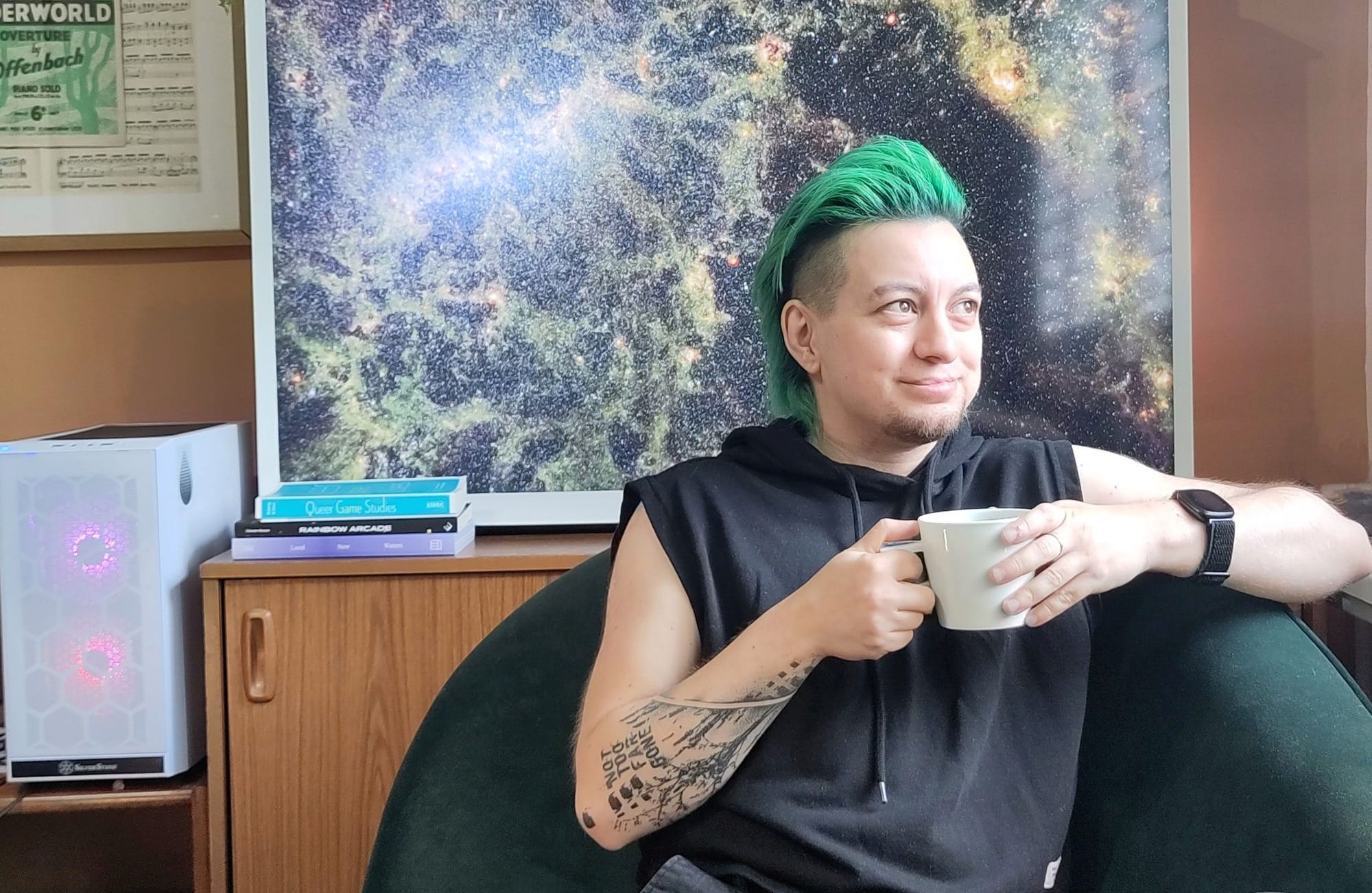
How does trans archiving differ from mainstream archival practice?
Trans archiving comes from a very challenging historical context - the emblematic early example of Nazi book burnings is the 1933 raid of the Institut für Sexualwissenschaft, which destroyed a massive corpus of vital information about trans health, including materials that didn’t exist anywhere else in the world. I think that’s given the trans community an enduring sense that we can’t only rely on state archives and major institutions to protect knowledge.
In addition to that, there’s something here about how closely intertwined recent trans history is with the history of the internet, which Susan Stryker explains well in Transgender History. That’s come out in my own oral history projects as well, e.g. in Interactive Portraits performance artist Arata-Alicia Kitamura told me about how transformative the introduction of email had been to her.
What tools do you use to archive sites and how do you like them?
There are a couple of related practices here that are very different in terms of tools: creating websites as an archiving practice, and archiving websites. I’ve done both, but this workshop is going to focus on creating websites like Desperate Living. On Neocities I just write the HTML and CSS by hand, which is not actually all that difficult and there’s something very beautiful about making a website that way. I’m also very fond of the service micro.blog, which I think deserves a lot more hype than it has received. I use it for my blog, and it also serves as a way to access Bluesky without getting pulled into another corporate platform. I archive my Tiktok using PeerTube, and I’ve started playing with Fedwiki, which is a fascinating way to create collective knowledge out of highly personal perspectives.
I’m at a bit of a crisis point when it comes to archiving sites, to be honest! Critical Distance has a massive archive of sites in an Amazon S2 bucket, but we haven’t been able to add new material to that archive for a few years now because the software that we were using no longer works. We’ve made multiple attempts at recruiting web developers to repair it, but we haven’t yet found someone who feels confident taking on the task. Additionally, we were using a web bookmarking service called Diigo to save web pages, but that software seems to have been allowed to decay as well. I’ve been trying out alternatives (Raindrop, Linkwarden, Are.na), but early tests showed that some data cleaning needs to happen in order to bring in the material that I exported from Diigo. I really need to find a grant or residency that will allow me to spend a few weeks doing some intensive work on it.
You’re doing this work as Desparate Living, can you tell us a bit more about this project?
The current project on trans-digital archiving is part of the legacy of Desperate Living C–19, an ongoing programme by Studio Voltaire. This aimed to support LGBTQ+ people during and after COVID–19 by providing support for artists as well as opportunities for people to engage with arts and culture in direct response to their experiences.
Raju Rage and The Right Lube hosted a series of workshops in 2020-22 exploring queer and transgender community archives with guests such as Poloumi Desai (Shakti, Naz Projects + more), QueerCare, and Campaign Against Prison Expansion. These workshops tackled harm reduction, the politics and experience of self-medding, hormones and trans youth, shared art-activist works online on Studio Voltaire, organised IRL events distributing much needed supplies and taking trans community to trans health clinics, co-hosted a grief retreat for trans communities, and organised IRL trans social hangouts in London.
Along the way we gathered valuable information from transgender people, medical practioners and organisations about trans health that we wanted to share with trans communities and all those who support us.
How would you encourage our readers to get into archiving?
For some people archiving is a practice of collecting physical things like zines and artwork. You keep your collection somewhere safe: probably in your own home, rather than in a stranger’s garage, for example. Ideally, we’d approach digital archiving the same way. So, if you’re doing something digital, take a bit of time to think about your relationship with corporate power, and consider learning from the IndieWeb. Your safety strategy here depends on how nerdy you want to be - maybe you’re just periodically exporting a backup to an external hard drive, or maybe you’re self-hosting tools on your own server. I’m somewhere in the middle personally!
I wish more people who share their own experiences and perspectives with a community online were thinking about how they archive their contributions. We need searchable permalinks for the things people are posting on Tiktok, Instagram, and Youtube. It’s remarkably easy to set up an automatic archive on PeerTube that takes in videos from Youtube and Tiktok.
What are your goals for the next 5/10/20 years of trans archiving, and what’s next for you?
My mentor and close collaborator Jennifer Booth is keen to explore opportunities to create artworks with trans and queer people that will be archived in our local museum and closed to the public for 50-100 years, so that we can record perspectives and stories that people don’t feel safe sharing publicly even under a pseudonym. On the digital side, we need support at Critical Distance to make our archives fully searchable and revive our ongoing efforts at saving the web. Critical Distance isn’t trans-focused, but we do archive a lot of trans writing on games.
In the immediate term, Raju and I have workshops on 22nd November (online) and 2nd December (at Studio Voltaire) for this project. Then on 11th and 12th December my interactive show Intrapology is going to be at Cyborphic’s Talos V Science Fiction Theatre Festival, just up the road at Bread and Roses theatre!
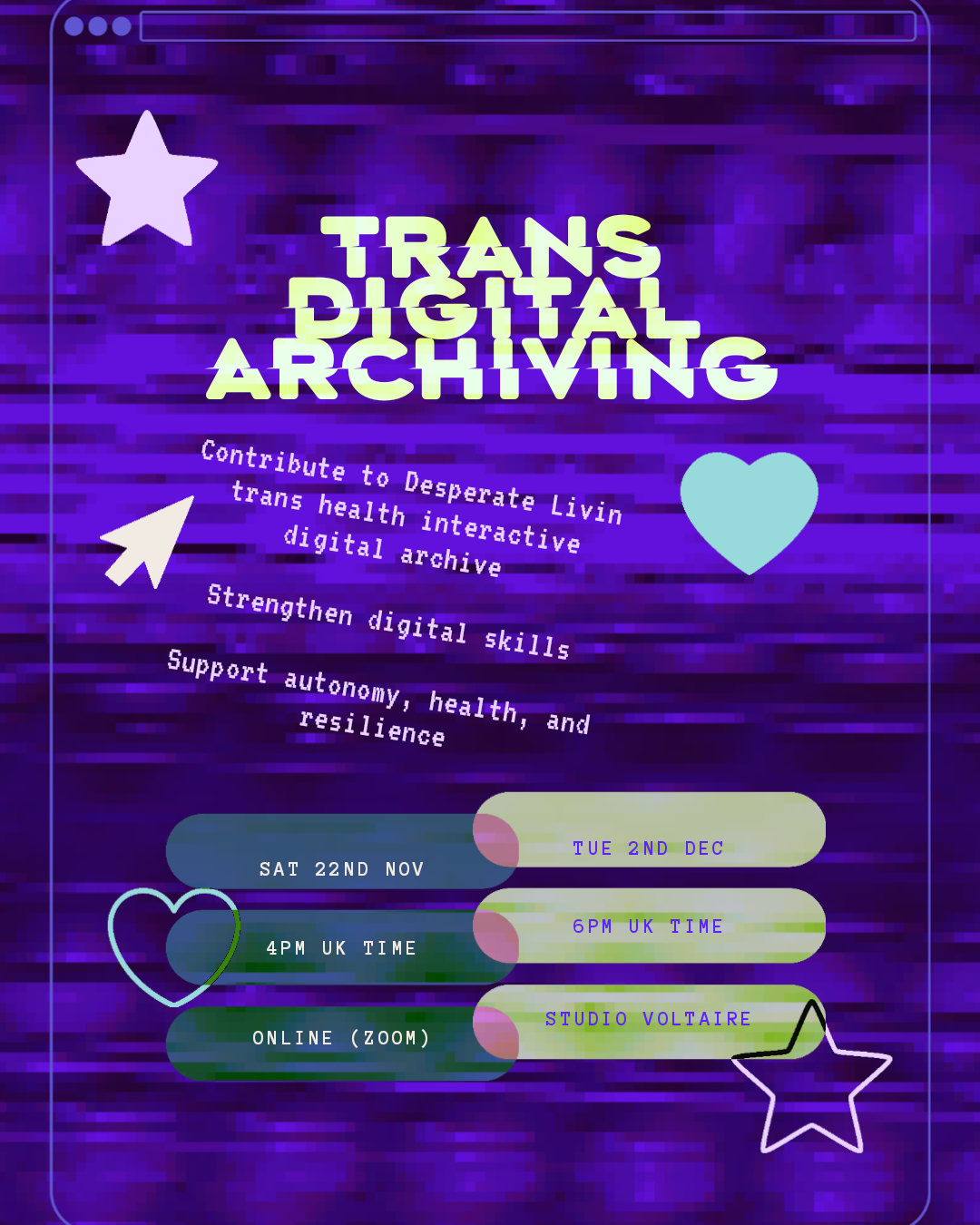
Thanks to Zoyander and team for the interview. You can find more about their workshop on the 22nd November and sign up here.
GFSC Studio have done a ton of archival projects, some of which are here. Let us know in the comments if there's anything you'd like us to look at next!

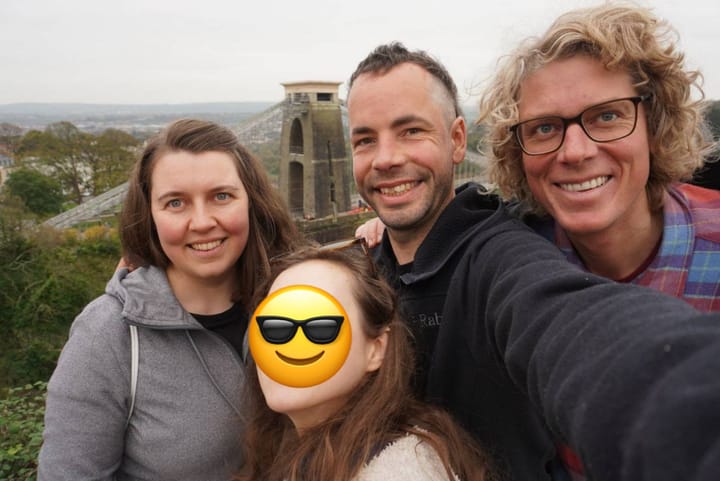
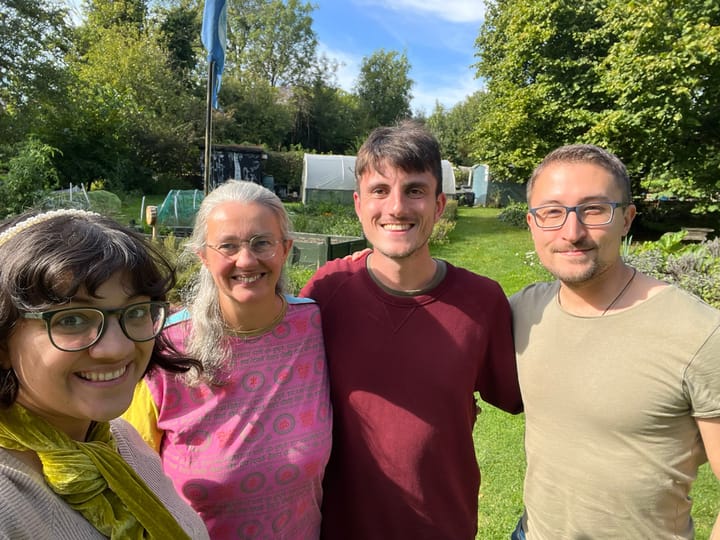
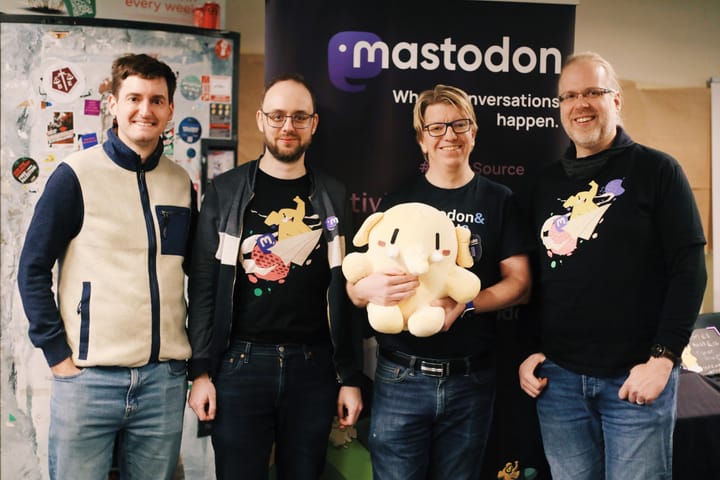
Comments ()